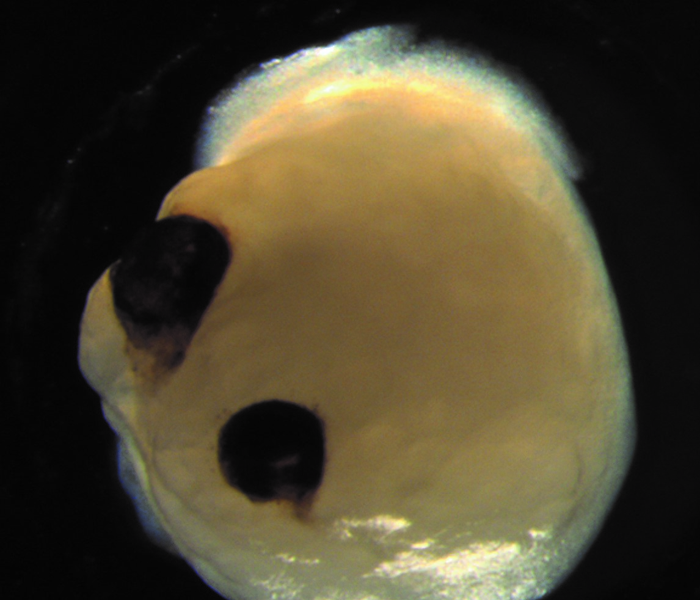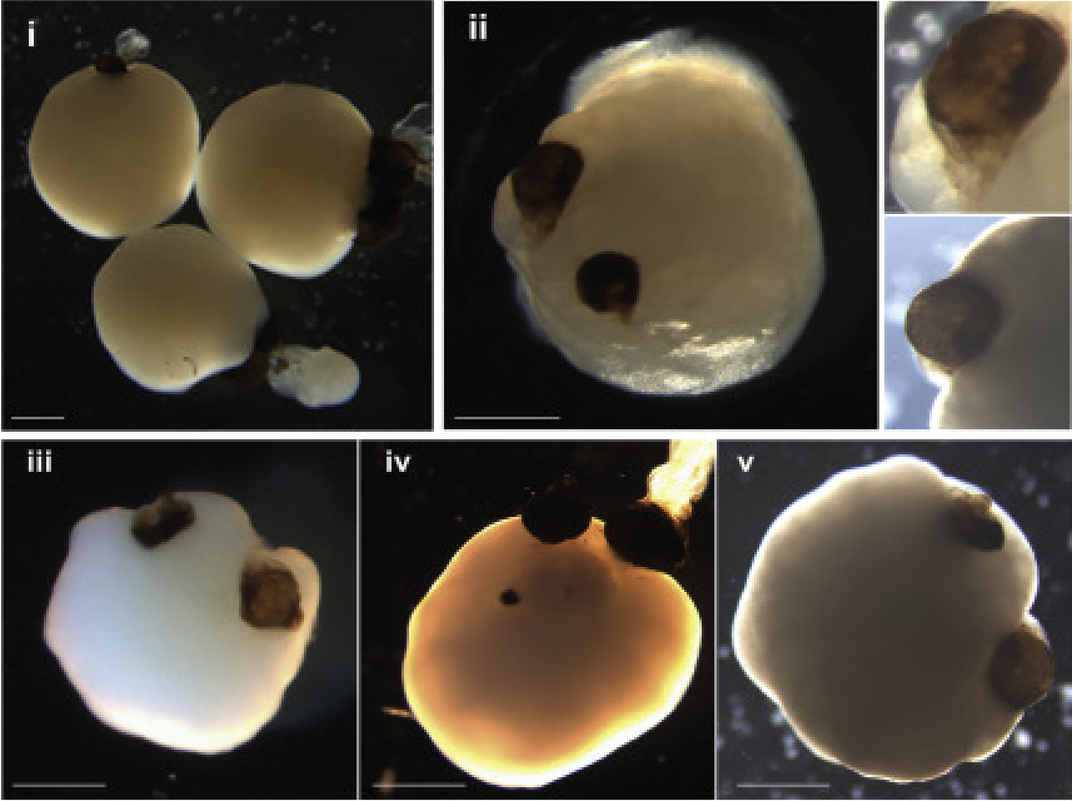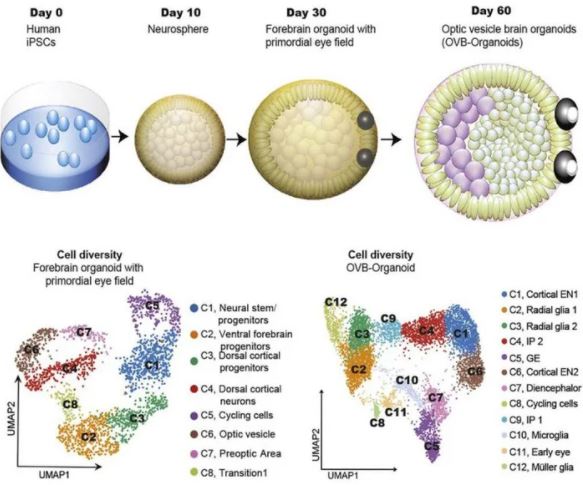A team of scientists at a German hospital was able to grow mini brins with their own sets of eyes.
The stem cells in dishes quickly evolved into tiny brains designed around human brains. They eventually developed two optic cups in a similar way as to how eyes develop in human embryos. The findings were published on August 17 in the medical journal Cell Stem Cell.
The experts at University Hospital Dusseldorf have previously also created mini beating hearts and even mini brains that produce brain waves just like human preterm babies.
Lead author Jay Gopalakrishnan, a researcher at University Hospital Düsseldorf said in a statement:
“In the human body, through the optic nerve the retina signals to the brain allowing us to see images. However, in the mammalian brain, the nerve fibers of retinal ganglion cells communicate to connect with brain targets.”

Gopalakrishnan also noted that the researchers had previously grown optic cups individually in laboratories but this is the first study in which they were integrated into brain organoids.
Gopalakrishnan went on to say:
“Our work highlights the remarkable ability of brain organoids to generate primitive sensory structures that are light sensitive and harbor cell types similar to those found in the body.”

The researchers were able to create 314 tiny brains, most of which developed optic cups. The brains, however, do not have emotions, thoughts, and consciousness. Also, they were developed in settings no real human brain would survive.

Although there have been ethical concerns surrounding the experiments, these organoids can be useful for studying human brain development and related diseases.
The organoids could be used by experts to study brain-eye interactions during the embryo stage of human development. Also, they can help in the study of retinal disorders and could even be used to create custom-made retinal cells for therapies.
Such experiments could open the door towards helping many people suffering from different conditions.
What are your thoughts on this experiment? Let us know by joining the conversation in the comments and please share this article if you’ve enjoyed it.


